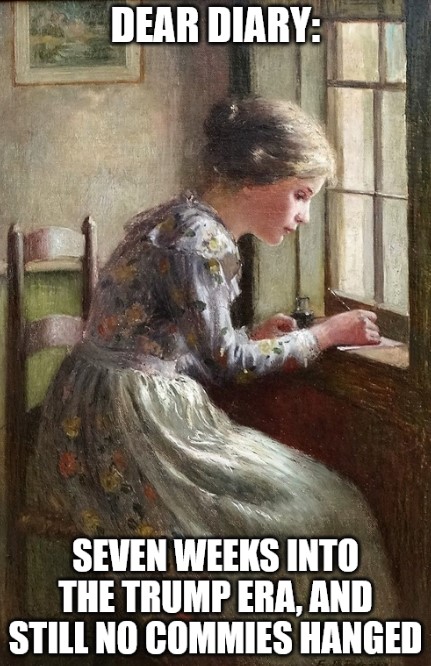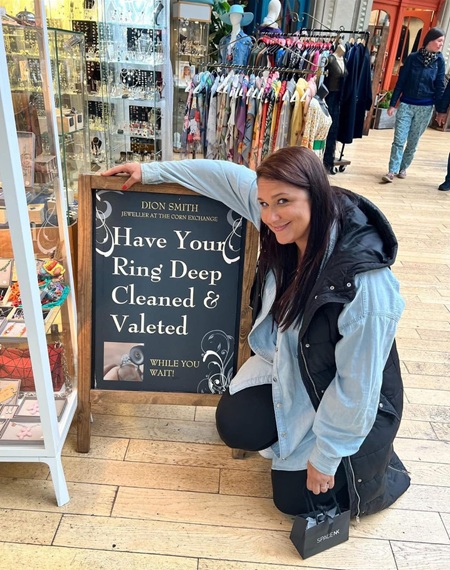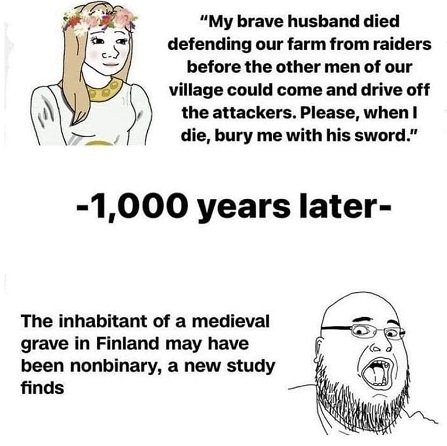Looking back for something else in my archives, I stumbled across this 2020 article about underrated guns. I’ll spare you the details (follow the link if you’re interested), but the guns are pictured below:






- I have no experience with the R22, but it’s a T/C, looks nice and uses 10/22 mags, so how bad can it be?
- I’m not a fan of the Savage Apex line, because I had a terrible experience with one once, because that skinny little barrel starts to whip after more than a few rounds. But it’s a decent budget hunting rifle. I honestly prefer the 110 Hunter line — more expensive, to be sure, but I think a better rifle altogether. I’ll always suggest the 110 for a starter rifle, because at any price, it’s wonderfully accurate, and their adjustable Accu-Trigger is the bee’s knees.
- If I were looking for a “mid-price” 1911, I’d go with one of the Springfields purely because of long experience with my GI model.
- I carried a Charter Arms Bulldog (.44 Spec) for years, until I got my 1911. Nothing wrong with it — I think I’d take the Undercover over one of the Rossi or Taurus cheapies, to be honest.
- I like the Bersa Thunder, and if I were restricted to the .380 ACP, it would probably be my first choice too.
- Not a fan of the Tomcat, even though I love most Beretta handguns. I think it’s the .32 ACP chambering that puts me off, although his rationale for the piece is quite acceptable. I’d certainly take it over any of the teeny pocket pistols out there, just for the reliability factor.
The article got me thinking about the topic, so in days to come I’ll put up my half-dozen choices of underrated guns, just for the hell of it. Try to contain yer anticipation.

























